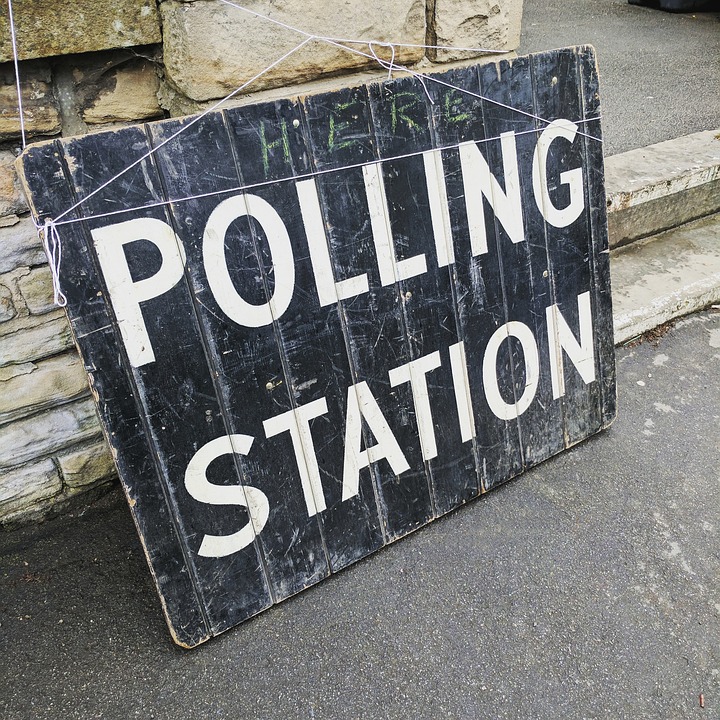NEW YORK - Typically, your average American becomes incensed on a monthly basis every time Facebook changes their infamous privacy settings without making users aware of what they now may be sharing with the general public. But on average, this is the least of your worries, as the average user usually has more personally identifiable information out on the Internet – such as social media and other websites – then they might believe.

If you read the news, you'll frequently hear of various national and even worldwide companies experiencing horrifically large data breaches, with their customers’ sensitive information being potentially exposed to risk. In 2016, approximately 26 million Americans were the victims of identity theft, and one of the most typically traveled avenues for scammers and thieves to steal someone's identity is simply to do a Google search. Sometimes it is shocking what a certain term or name will return to a hard-working criminal.
However, one would expect the government to take additional strides to keep your personal information safe, as opposed to a large, soulless corporation. Unfortunately, you would probably be incorrect in assuming this to be the case. Information that would typically turn up in a white page search – in addition to much, much more – can be readily available to anyone searching the records of any American registered to vote through their Secretary of State website.
Recently, a former member of a cybersecurity firm was able to access live online voter registration systems of 40 different American states, and was able to acquire the home addresses, voter data, and race-related information of countless residents. This information typically is the very basis and starting point for anyone looking to steal your identity, and once they have this information in their clutches, it's much easier to track down anything else about you they need to know in order to start running up charges in your name. And once a thief has your information, it becomes that much easier for them to also acquire the information of your family members, exposing pretty much everyone you hold dear to this type of danger.
According to reports, North Carolina's voter registration system actually reveals the most information about the voters registered within its borders than any other state in the Union. A simple search involving a first and last name will return such information as a home address, voting status, voter registration number, voting party, ethnicity, voting record, and much more.
Likewise, Kansas’ voter registration system also makes the information of their residents who are registered to vote readily available to anyone armed simply with a name, including their personal address and a variety of information relating to their voting history.
With such a degree of vulnerability associated with being a registered voter in many states – although not every state in the country has these issues – you would think it simple to request having your information removed from any given voter registration database in order to ensure your safety. Unfortunately, this is not the case. In North Carolina, for example, a voter would need to prove that having this information publicly available would place them in physical danger by procuring a court-issued protective order.
A simple White Page search in any given state will produce a nearly endless supply of names to feed into state voter registration databases. From there, home addresses, race, ethnicity, and a number of other factors can be easily obtained, information that could be used potentially to open up fraudulent credit card accounts and fuel other devious activity.
Of course, one could argue that a lot of this information can be found in your typical white pages telephone directory as well, and that would be true. However, the one major difference is that an individual can always opt out of having a listing in a phone book or telephone directory; however, you're unable to opt out of being in a voter registration database, unless you make the decision not to ever vote at any local or national election ever again. However, removing yourself from the Democratic process of our nation seems like a costly and unnecessary decision to have to make in order to ensure that your privacy is protected.
However, some states are attempting to catch up with the times and are enacting measures in order to keep the voting data of their residents safer in this age of rampant identity theft. Some states have added additional and complicated steps that make it more difficult for individuals to obtain information on their voters, such as requiring a date of birth, social security number, or a driver's license ID number – or all of the above – before it will allow access to voter registration information.


